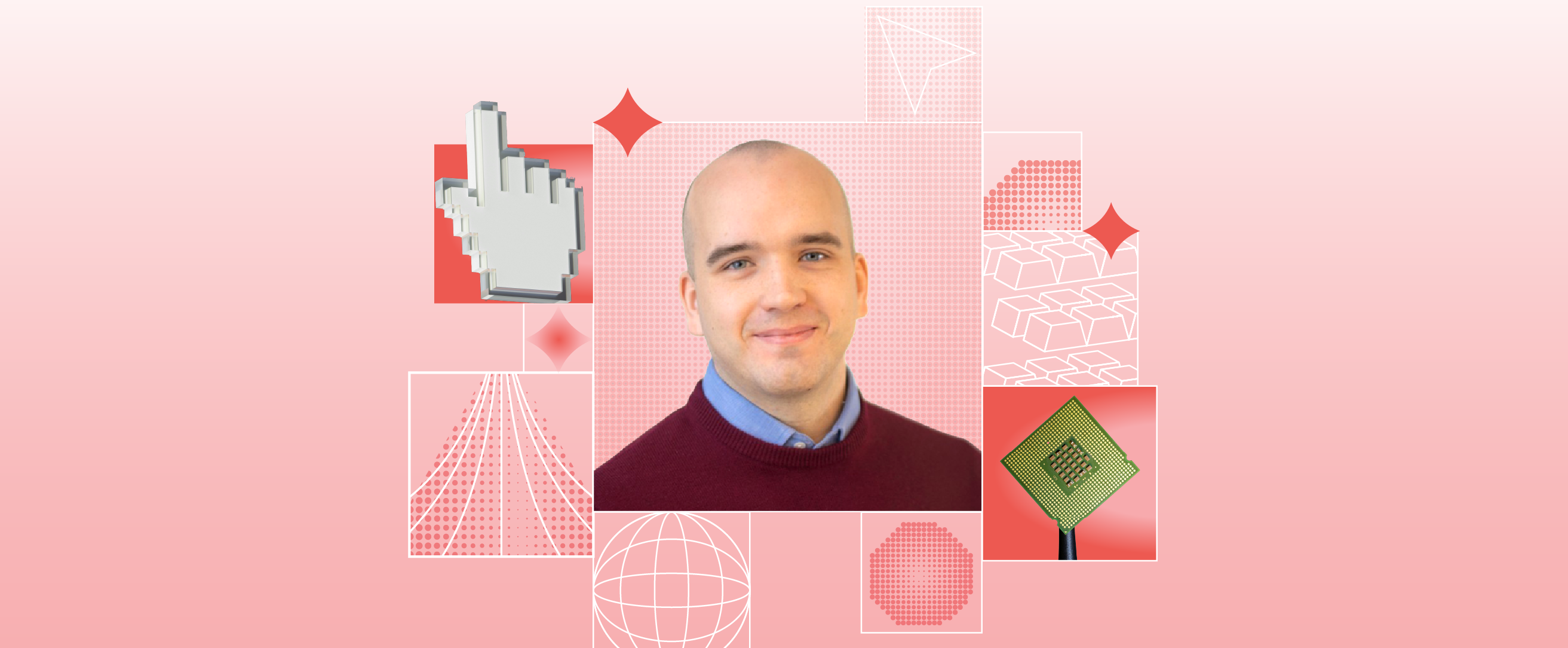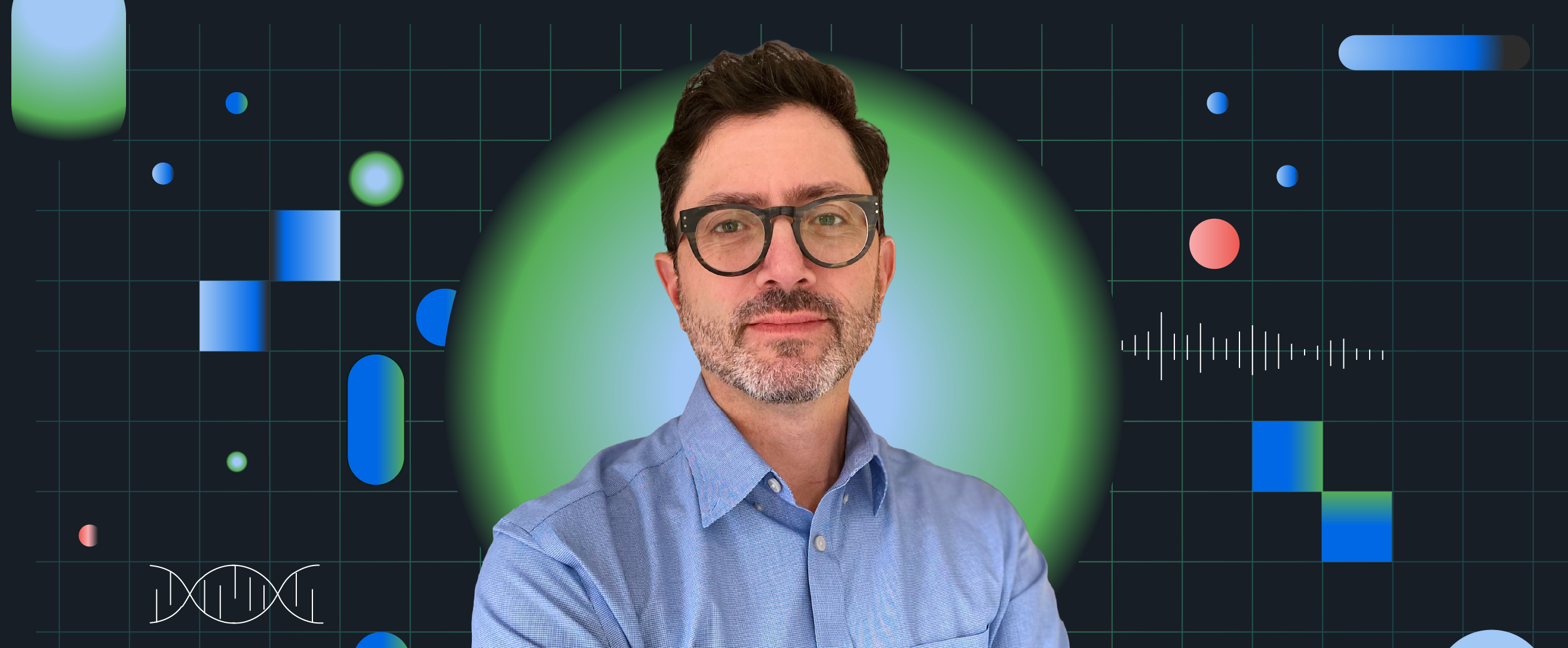
December 22, 2025
December 18, 2025

Reading time
July 10, 2024
October 29, 2020

Editor’s note: This interview is part of Mission North’s “Marketing Risks Worth Taking” series, an ongoing forum with marketing leaders who are sharing their perspectives about adapting to a new reality.
Kraig Swensrud, having served as CMO at Salesforce and Campaign Monitor, was already a proven marketer when he founded Qualified two years ago. So it’s no surprise that he has since built the conversational marketing company into a formidable player with clients such as ThoughtSpot, Bitly and Gamma, helping their sales pipeline grow manifold while driving millions of dollars in business.
All of that is why we were grateful to chat with Kraig for the 12th edition of Dispatch’s ongoing Q&A series, which features the sharpest minds in the marketing game. Our conversation has been edited for length.
Selling has always happened through conversations. Every stage in a selling process advances by having a conversation. What is your pricing structure? How are you different from the competition? Tell me a little bit more about your product. I have to bring in my ops person or my VP, and can you tell them what you told me yesterday? All of these things are stages in a sales cycle, and they involve conversations. Obviously, they now happen via technologies like Zoom, or via tools like Qualified on your corporate website. The post-COVID era sales processes have changed, but conversations remain crucial.
Yes, 100% percent. For example, in April I was planning to sponsor a conference in San Francisco. All of the buyers were going to be there in person. I'm thinking, Wow, what a great use of my budget! The attendees are going to leave their offices to be there in person for a day. And because of all of that, they are going to be captive and be present for the entire day. My team had planned to show up in person, give presentations, and we would have a presence on the trade show floor.
Well, guess what? That event never happened. The alternative now is that you cannot do in-person events, so virtual attendees literally are one click away from leaving your event if they feel bored, immediately onto something else. You do not have their attention like at a physical event.
Virtual attendees literally are one click away from leaving your event if they feel bored, immediately onto something else. You do not have their attention like at a physical event.
So, where can I connect with my target buyers? LinkedIn. I can do some amazing segmentation and targeting. I can target just by geography. I can target my company by interests. I can target my topic. I can target buyers by their job title. I can't do that on Google. So, I'd rather spend money on LinkedIn because it converts.
Monumentally. We were a company that heavily valued being in the office. It was practically in our DNA that when you're in the office—that’s where great ideas are shared. That's where you accidentally overhear conversations that spark new ideas. You soak up that conversation. One of my favorite things to do is to grab a couple of folks who own a project, hop in a conference room, and start drawing on a whiteboard. There's nothing like the energy that comes from people being in a collaborative space trying to solve problems.
Right now, we are working—like every other company out there—on getting to that same in-person chemistry via Zoom, Slack, Tandem, and other digital tools. And we are doing extremely well, making a lot of progress every day.
This pandemic has made us more inclined to hire people from various geographies. Today, we're not just thinking about where a candidate is physically. It used to be about whether a person can be in the same building or room as your team or department. Now, if your company is headquartered in San Francisco, and people on your team are in places like in Los Angeles, San Diego, Portland, Seattle or Vancouver, you are all basically in the same place. It’s all about timezones.
I think this fully remote experience we now have will improve inclusivity for all workers going forward. It has certainly changed my perspective for the better.
Before the pandemic, a lot of people, myself included, didn’t understand what it meant to be a remote employee. For example, when it comes to things like an impromptu strategy session, we often overlooked making sure that a key remote employee was “in the room.” I think this fully remote experience that we now have will improve inclusivity for all workers going forward. It has certainly changed my perspective for the better.

December 22, 2025
December 18, 2025

December 4, 2025
December 4, 2025